The post SUCCESS: Our team closes another orphanage in Bulgaria appeared first on Hope and Homes for Children.
]]>After years of tireless work, our team in Bulgaria has successfully closed the ‘Home for Medical and Social Care for Children’ orphanage in Kardjali.
Also known as a ‘baby home’, the orphanage housed up to 40 children. Now, thanks to you, all these children are no longer shut away. No longer afraid. No longer alone.
This orphanage closure marks another huge milestone for our team in Bulgaria. Now, there are only three orphanages left to close. Thanks to your donations, Bulgaria is heading toward an orphanage-free future.
We’re on a mission to bring children out of orphanages and back to family. Donate today.
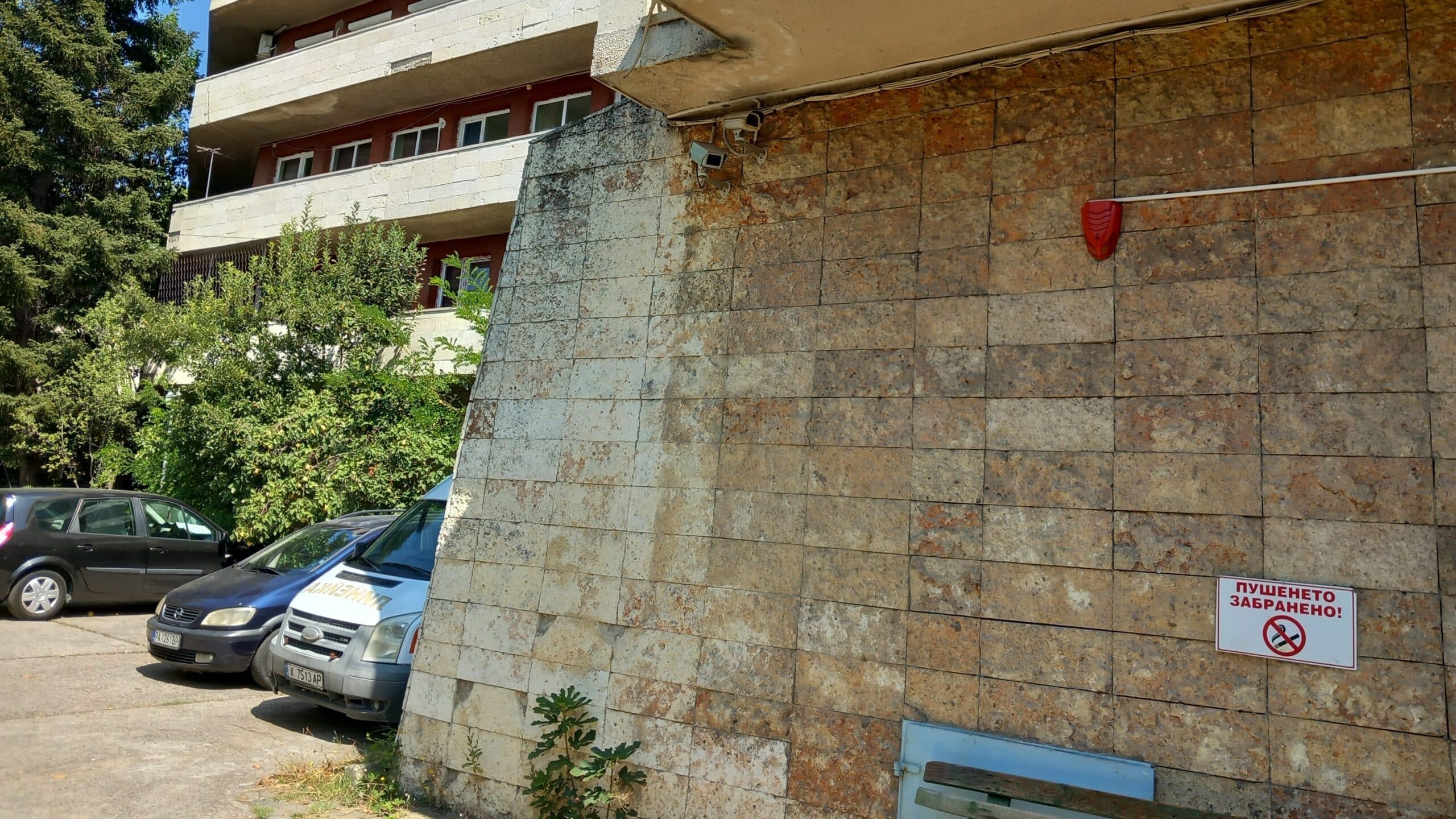
Hope and Homes for Children
How many children lived inside the orphanage?
Around 40 children were shut away inside the ‘Home for Medical and Social Care for Children’ institution. Most were under three. Several had disabilities.
Many struggling parents of children with disabilities can’t access the support they need. As a result, they feel pushed to place their children in orphanages. Just to find them care.
Find out more about why children end up in orphanages here.
Sadly, orphanages don’t protect children. They put them in harm’s way. The majority of children in institutional care will face violence, abuse and neglect. Children with disabilities are at an even higher risk.
Find out more about how orphanages harm children.
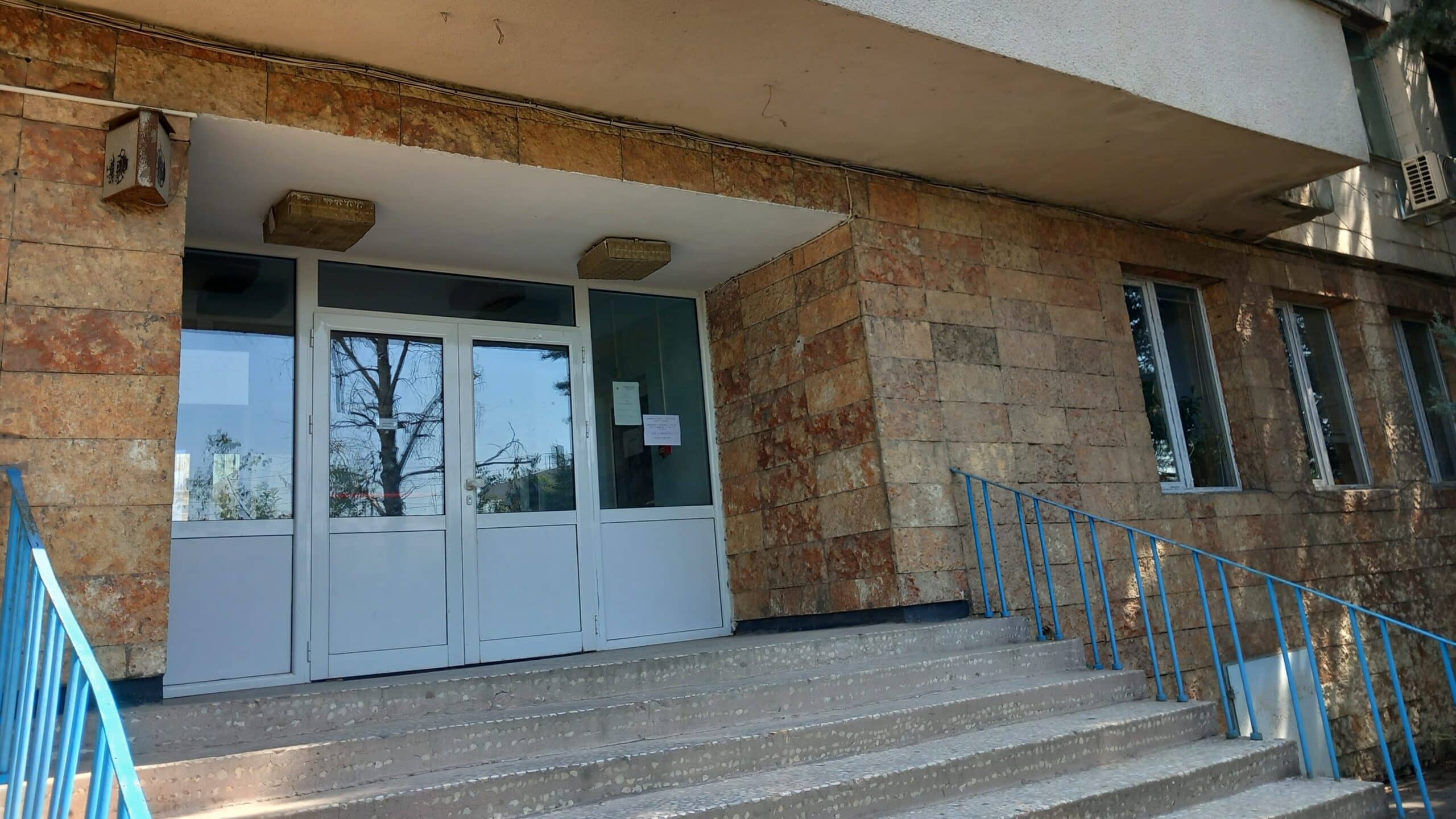
Hope and Homes for Children
What was it like inside the orphanage?
One of the last remaining orphanages in Bulgaria, the ‘Home for Medical and Social Care for Children’ institution was dilapidated, with no natural light and broken play equipment. But the worst part, as remembered by Kremena Stoyanova, National Coordinator for Hope and Homes for Children South Bulgaria, was the silence.
“I always have a picture in my mind of this home. Long and very wide corridors and a rehabilitation therapist holding the hand of a two-year-old child. Footsteps clanging in the empty space. Those sounds in the darkness are the picture I want to erase.”
Kremena Stoyanova, National Coordinator for Hope and Homes for Children South Bulgaria
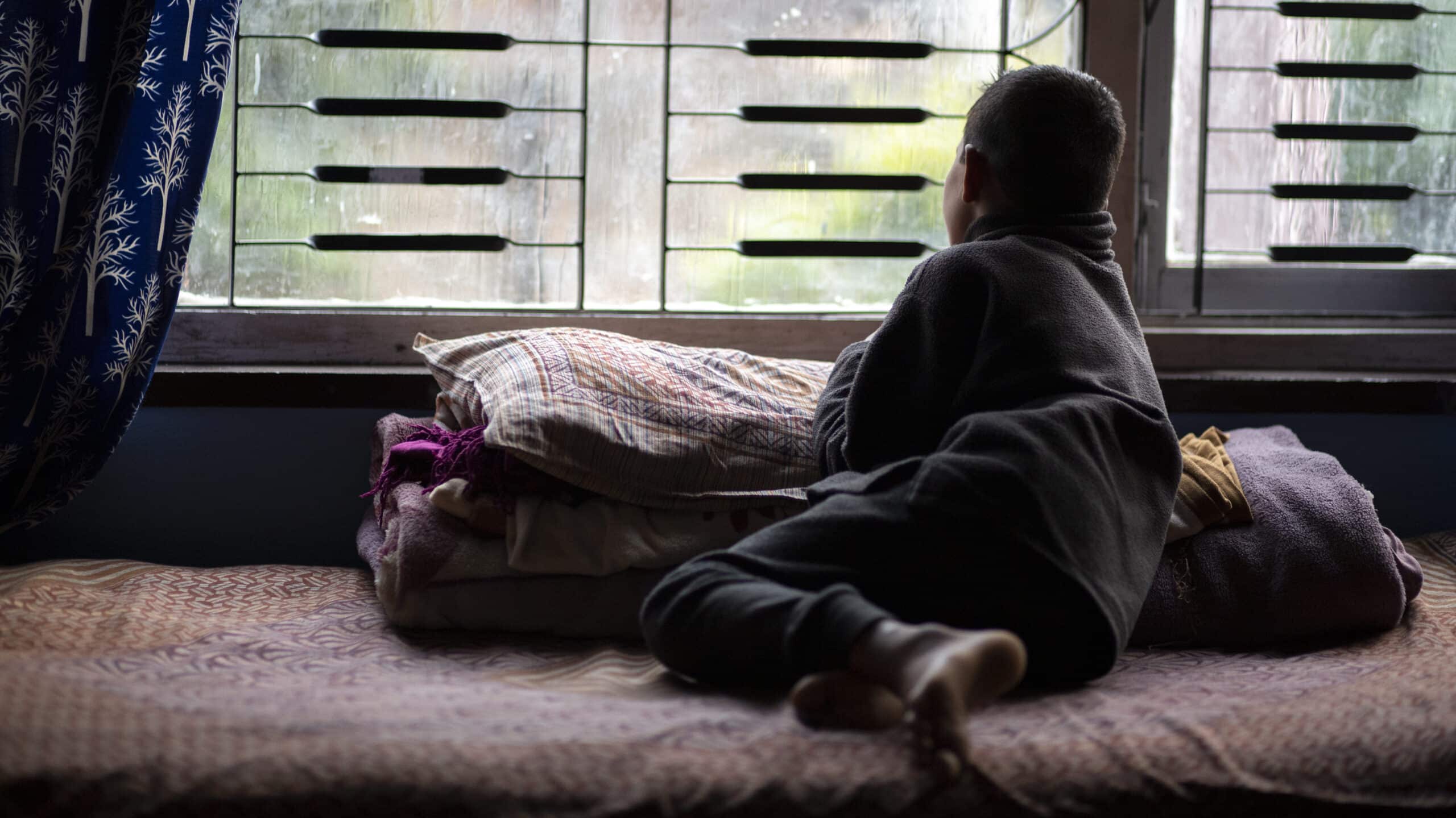
Kishor Sharma / Hope and Homes for Children
Well-meaning members of the community used to raise funds for the orphanage. But as with many orphanages, it was hard to see how these efforts benefited the children. Ivanka Taushanova, our Regional Coordinator in Kardjali, remembers the first time she realised this:
“I was a teacher in a local school, and every year we did a campaign to buy toys for the children in the orphanage. When I first went to the orphanage there were no toys. Everything was quiet. There wasn’t even any childlike curiosity.”
“Everything was quiet. There wasn’t even any childlike curiosity.”
Ivanka Taushanova, Regional Coordinator in Kardjali
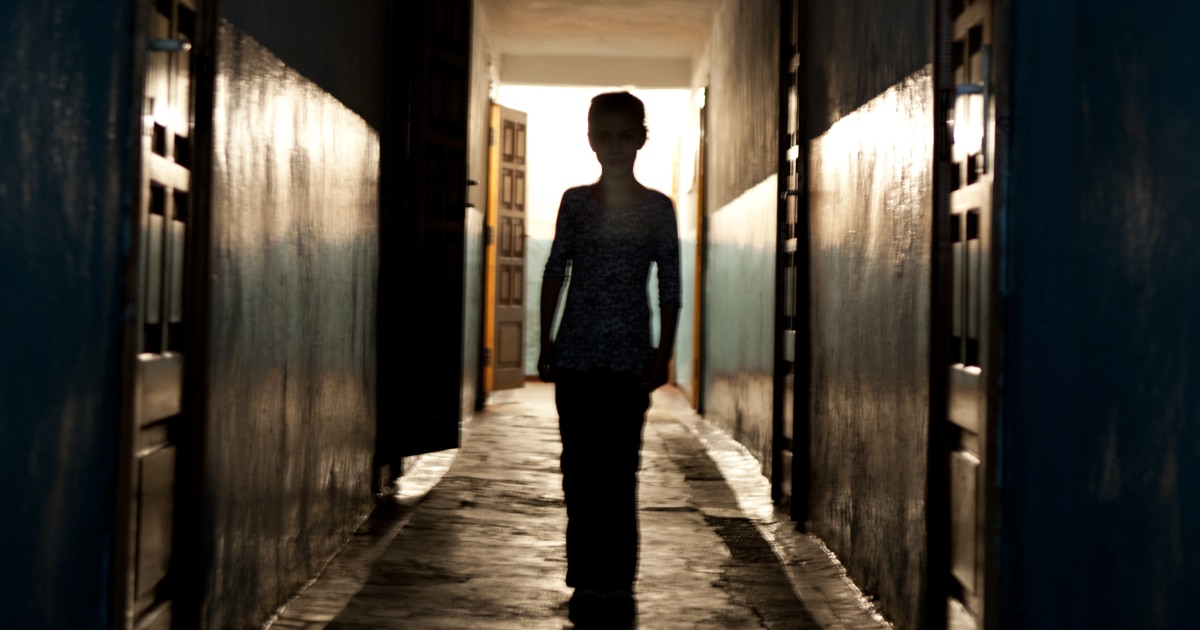
Hope and Homes for Children
How do we bring children back to family?
After signing an MOU with the regional government in 2015, we started working on getting the children out of the orphanage and back to family, or into family-based care.
To do this, we pursue four main options:
- Reunite children with their birth families. The ideal solution, especially when 80% of children in orphanages around the world aren’t orphans.
- Reunite children with their relatives. When parents aren’t able to care for their children, we can support their immediate family members to raise them at home.
- Create new families. Through fostering or adoption, we can find children from orphanages loving new families to grow up in.
- Bring children into community-based care. Sometimes, it’s necessary for children to live in alternative community-based care spaces. This is a great solution when children have complicated or round-the-clock support needs. We ensure these spaces are family-style solutions, with a specific amount of carers to children to ensure everyone’s getting the love and attention they need.
For more information on how we bring children back to family, read more about our solutions here.

Hope and Homes for Children
Closing down the orphanage
Thanks to your support, on August 1st 2024, the orphanage was finally closed down. Boryana Klimentova, Programme Director of Hope and Homes for Children Bulgaria, remembers the day well.
“It was a beautiful hot day, and the sun seemed to be showing us the right way. I felt joy”

Hope and Homes for Children
We ensured each of the children living inside were safe, secure and in loving family-style homes – through being reunited with their birth families, adoption, fostering or placement in medical centres for disabled children with 24/7 care.
What’s next?
Riding on our success, our team in Bulgaria is gearing up for the next big win. With your support, we’re ready to shut down the last three orphanages in the country and bring every child home to a loving family.
But we can’t do it without you.
Will you help us close the last remaining orphanages in Bulgaria and bring the children living inside back to family? Donate today.
The post SUCCESS: Our team closes another orphanage in Bulgaria appeared first on Hope and Homes for Children.
]]>The post Paris Hilton exposes traumatic institutional child abuse appeared first on Hope and Homes for Children.
]]>“I learned nothing there except trauma.”
These are the words Paris Hilton used to describe her experience in a child care facility. She spent years inside a harmful institution, far from her family, terrified and abused. Sadly, she is not alone.
Currently, there are at least 5.4 million children around the world who are separated from their families, confined in institutions like orphanages – even though 80% of them are not orphans.
Research has shown that the majority of all children in orphanages suffer physical, emotional or sexual abuse. And as Hilton also testified, the trauma suffered in childhood can last a lifetime.
Watch Paris Hilton’s testimony on the harm of institutions.
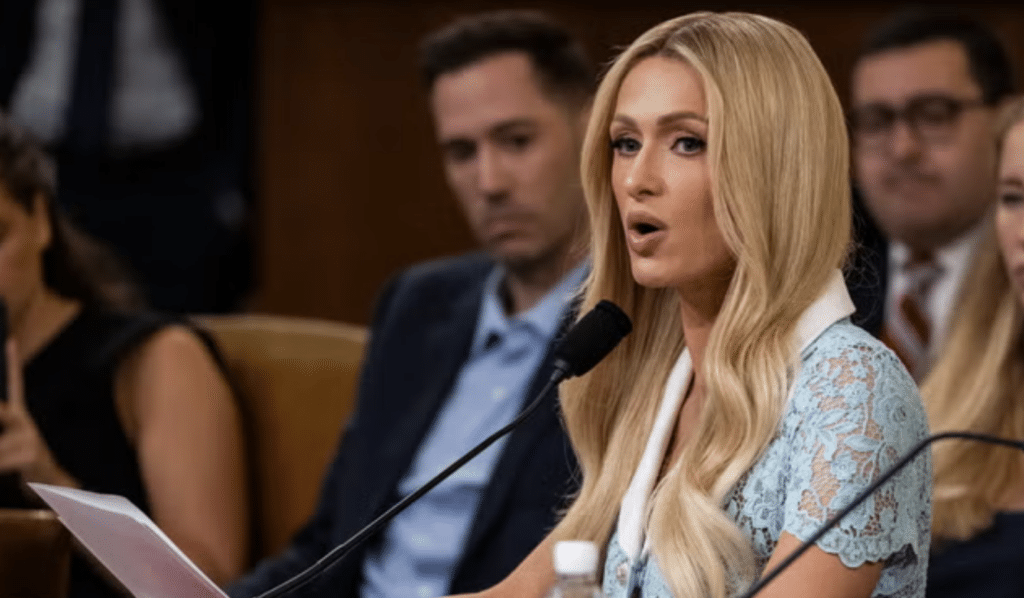
Getty
“I was physically, verbally, and emotionally abused,” said Hilton. “My peers around me were being sexually abused. I was strangled. I was hit. And I was cut off from the outside world.”
“My parents had no idea,” she continues. “They were deceived. Just like the parents of children are really manipulated by these places, the same thing with (my) parents.”
“If you are a child in the system, hear my words: I see you, I believe you, I know what you’re going through and I’m not giving up on you.”
Paris Hilton
Rachel’s* story
Significantly, these painful stories of child abuse in orphanages are all too common around the world. Rachel in Uganda is one with such a story.
Rachel lived with her father and two younger brothers after her parents separated when she was young. When their father passed away suddenly, the children found themselves on the street, and were eventually taken to separate orphanages.
“The staff used to beat us and abuse us.”
Rachel
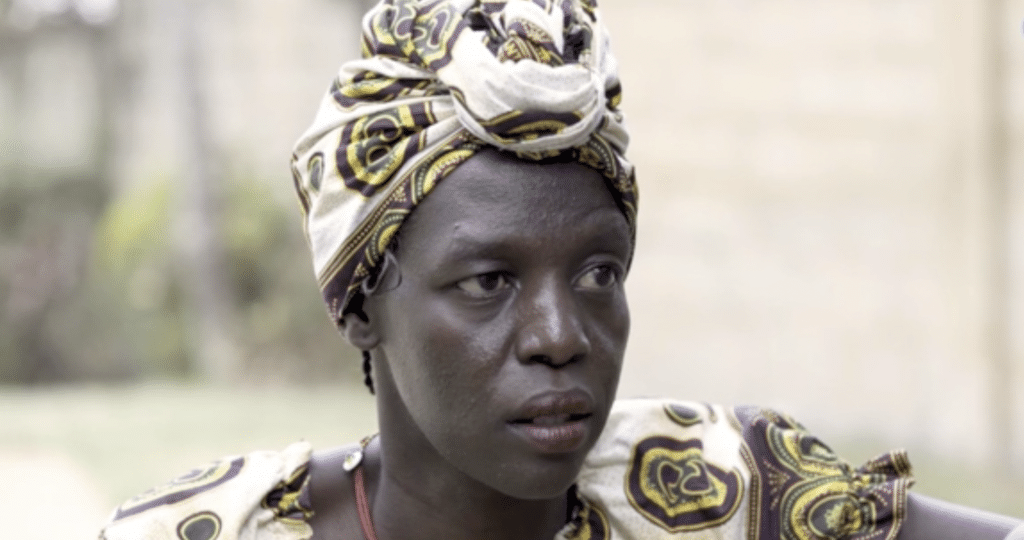
Hope and Homes for Children
Like Paris Hilton’s parents, Rachel’s mother was kept in the dark as well. Then, when her mother tried to visit, she too was beaten up, and denied access to her own child.
A cycle of abuse
Over the next years of her life, the orphanage directors trapped Rachel inside and forced her to do whatever they demanded.
“Instead of going to school, the directors used to take me around to the radio to speak, and we would get a lot of donations and sponsors to the orphanage,” she remembers. “He used to travel everywhere, America. We never saw the money, the whole money went to the orphanage director, not the children.“
Over time, the abuse got worse and worse.
“When I was touring the country with the director of the orphanage, he raped me.”
Rachel
The sexual abuse continued for years. Eventually, Rachel fell pregnant. She was just a teenager.
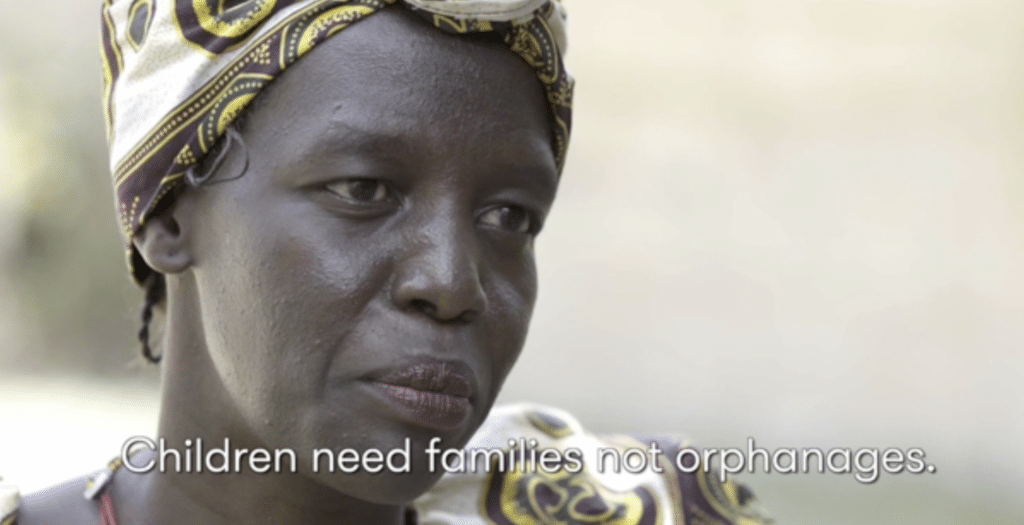
Hope and Homes for Children
Finding freedom
Years later, Rachel managed to escape the terrible confines of the orphanage. But not before she had given birth to two of the director’s children, one who died as an infant and another she had to leave behind at the orphanage.
“He stopped me from seeing my baby. I felt like I was living in prison, and in another way… missing my baby.”
From this pain, Rachel has become committed to telling her story so that people will know the harms of institutional care. This abuse children are suffering in orphanages around the world must end. And it can – by moving the financial, social and community support away from orphanages and back to family.
“I think I would be much better and complete if I grew up with my family and achieved my dreams of being a lawyer.”
Rachel
100 years of research backs her up. Kids do far better in families than in institutions.
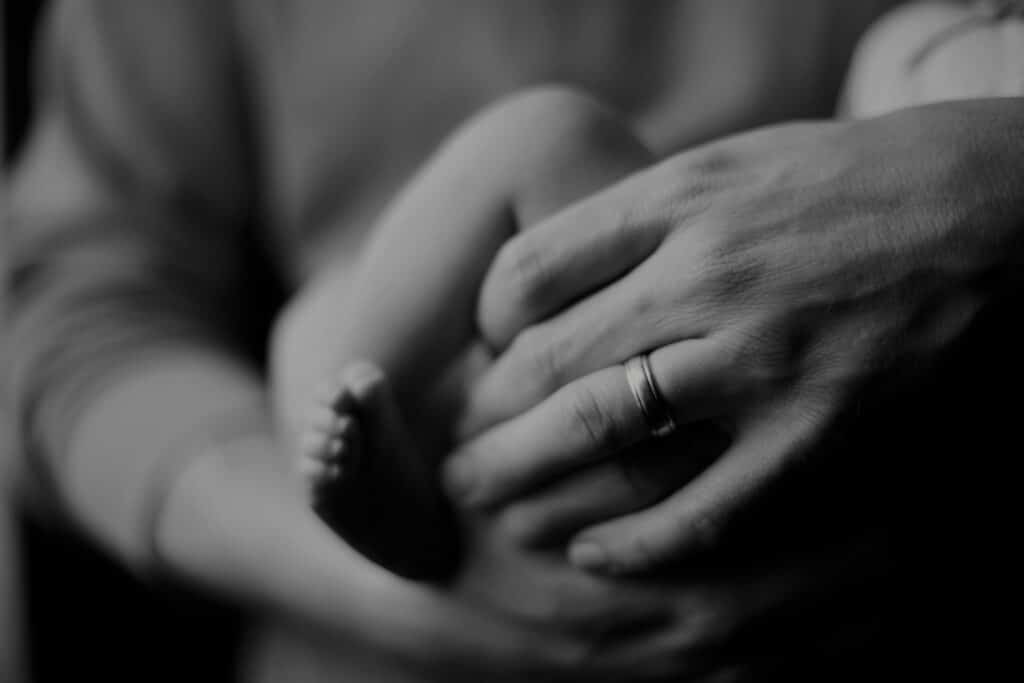
Hope and Homes for Children
Making a change
Let’s hope that Paris Hilton’s brave testimony in the US Congress lets millions more people around the world recognise the harm caused by locking children away in institutions, and the desperate need to get these children back to family.
Read more about the harms of orphanages and how we’re bringing separated children back to family.
If you’d like to keep up to date with more news stories like this, updates on our work, and different ways you can help amplify the voices of young people suffering under institutional care, sign up to our Mailing List.
Join the Mailing List
The post Paris Hilton exposes traumatic institutional child abuse appeared first on Hope and Homes for Children.
]]>The post Uwase’s story, from orphanage to adoptive family – “Someone to call mum and dad” appeared first on Hope and Homes for Children.
]]>April 7th marks the 30th Commemoration of the Genocide Against the Tutsi in Rwanda. On this day, we’re honouring the efforts of the Rwandan people in rebuilding their lives, communities, and nation.
We’ve worked in Rwanda since 2002. Now, there are only nine orphanages still in operation. Most children living inside them have disabilities, like Uwase. Our work is proving that it’s not only possible, but better for these children to be brought back to family.
Will you help our team bring children in orphanages in Rwanda back to family? Donate today.
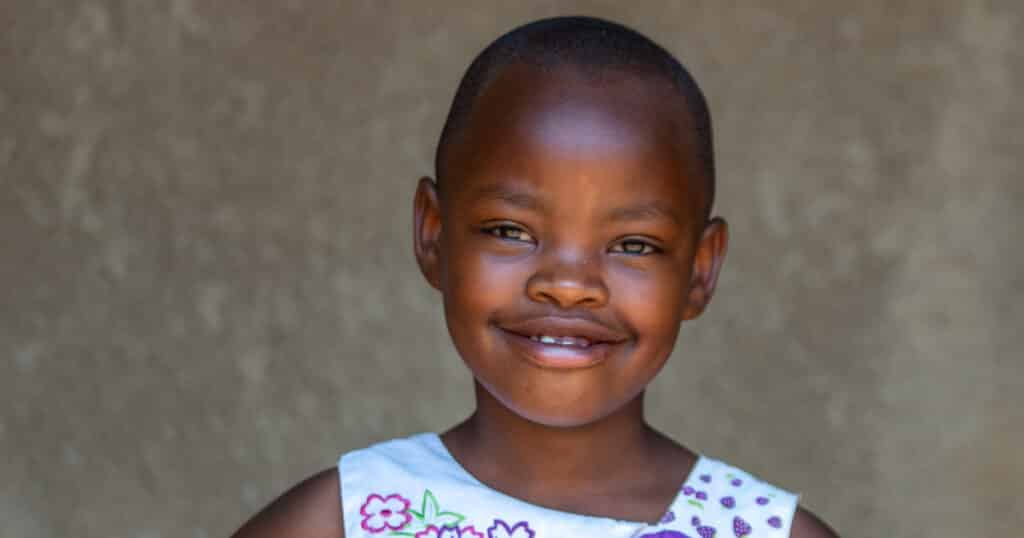
Jean Bizimana/Hope and Homes for Children
Uwase’s story
Uwase, pictured above, was abandoned as a baby. She was born with a disability in her leg, and then left in the streets of Rwanda’s capital, Kigali, at ten months old.
The authorities couldn’t find her parents, so they took her to an orphanage. She lived there for three long years.
Why children with disabilities end up inside orphanages
Around the world, families struggling with poverty, disability and discrimination sometimes make the desperate decision to abandon their children, believing they’ll be better cared for in an orphanage.
Unfortunately, this isn’t the case. Instead of helping children, orphanages put them in harm’s way.
During her time in the institution, Uwase was miserable. The staff didn’t help her with her disability, let alone teach her to walk. Unable to move around, she couldn’t interact or join in any games. Instead, she was left alone and ignored. Just existing. Day in, day out.
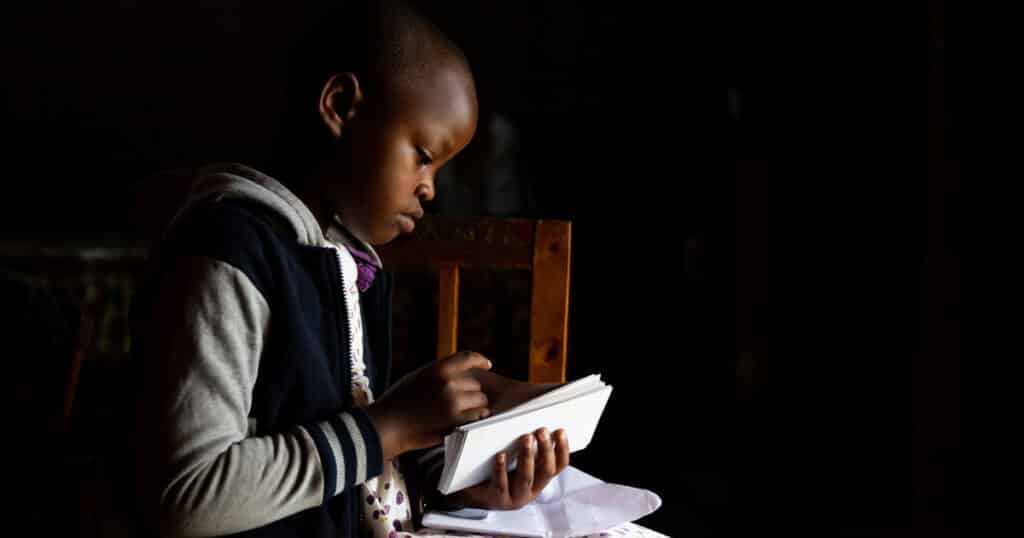
Jean Bizimana/Hope and Homes for Children
How we can bring children back to family
Like Uwase, most children still in Rwandan orphanages have disabilities.
“There are many misconceptions surrounding disabilities, like that children with disabilities are in some way burdens on their families,” explains Richard Munyaneza, Advocacy, Communication and Safeguarding Coordinator of Hope and Homes for Children Rwanda. “These false beliefs have permeated policy and decision-making processes.”
As a result, there’s a lack of support for parents of children with disabilities in Rwanda. All too often, they’re told their children will be better off in orphanages. But there’s always a better way.
Alongside the Rwandan Government, we’re standing up for the rights of every child to grow up in a safe and loving community. And we’re supporting families to bring their children home from orphanages, as at least 80% have living parents. And, for children who don’t, we’re recruiting loving adoptive parents. Just like we did for Uwase.
Finding family for Uwase
Unfortunately, no one could trace Uwase’s birth parents, so we started searching for a new family.
Gatete* and Uwimana*, a local couple with children of their own, heard about our work and quickly reached out.
As Uwimana explains:
“When I see my children growing up together with me and their father, with someone to call mum and dad, and compare that to seeing a child in an orphanage being cared for by different paid staff without a mother or father, it’s very sad. That’s why I made the decision to invite Uwase to join our family. So she can have someone to call her mum and dad.”
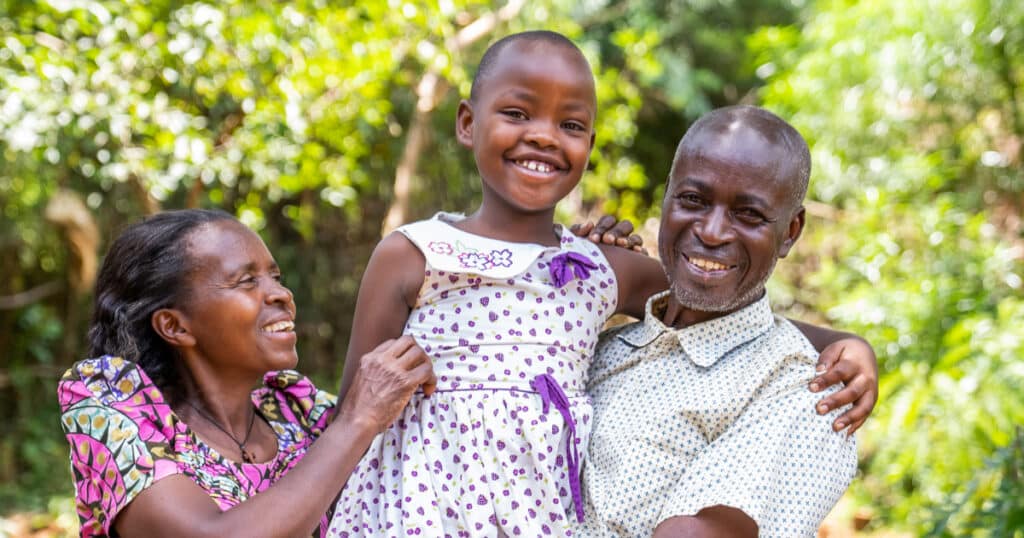
Jean Bizimana/Hope and Homes for Children
Creating a new family
After Uwase turned three, our team provided Gatete and Uwimana with specialist training to become adoptive parents.
“The training from Hope and Homes for Children really helped me to care for Uwase,” Uwimana says. “Even though I was already a parent, it helped me a lot. I was advised to love Uwase even more than I love my own children, to protect her from anything that might traumatise her any further.”
Before long, we were taking Uwase to her new home. At last, she was out of the orphanage and back to family.
Happy and loved
“Since living with us, Uwase is much happier,” Uwimana says. “She plays with other children and spends time outside. That means she’s much more aware of what’s happening in the community. She learns and gains so much more than other children shut away inside orphanages.”
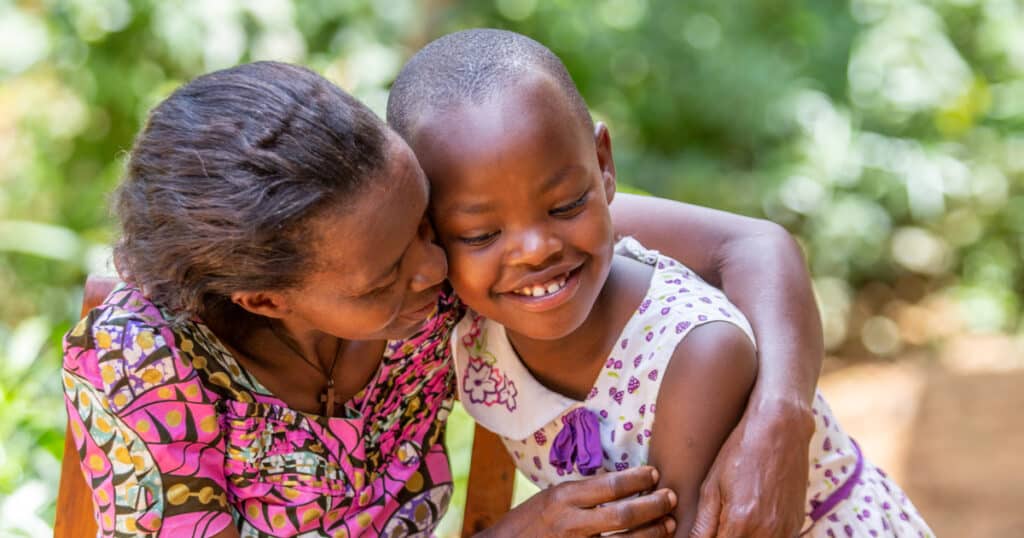
Jean Bizimana/Hope and Homes for Children
Our team continued to support the family and ensure they had everything they needed. We provided money to cover Uwase’s medical treatment and physiotherapy each month, for a year and a half. We also gave them counselling sessions and referred them to local leaders and health services for additional support.
And most importantly, thanks to life in her family, Uwase finally learned to walk.
“If she’d stayed in the institution, maybe she never would’ve learned to walk,” says Uwimana. “She was always alone in the dormitory, with noone to take care of her. But now things are different. It’s such a joy to see Uwase so happy and loved in my family.”
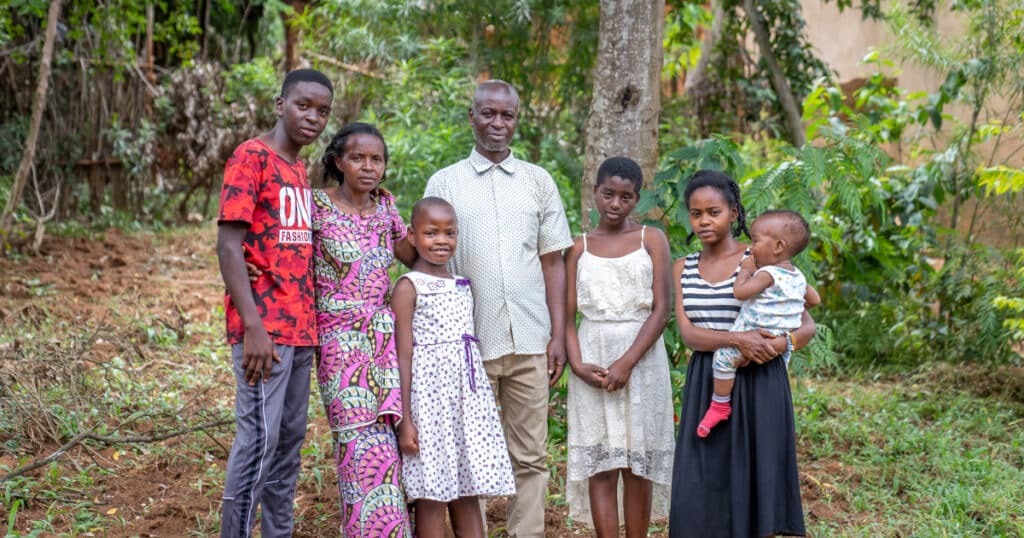
Jean Bizimana/Hope and Homes for Children
Closing the remaining orphanages in Rwanda
Uwase’s orphanage once had 26 children living inside.
Of those 26 children, we reunited four children with their families, found foster families for thirteen of them, and supported nine young adults to adjust to living independently. The orphanage is now closed.
Now, Rwanda is on the cusp of being orphanage-free by 2026. As of March 2024, there are only nine orphanages still operating. Our team is working with the local government to close them and bring every child in Rwanda back to family.
Will you help us get every child living in orphanages in Rwanda back to family? Donate today.
* Names changed to protect identity.
Support our work Bring separated children back to family
The post Uwase’s story, from orphanage to adoptive family – “Someone to call mum and dad” appeared first on Hope and Homes for Children.
]]>